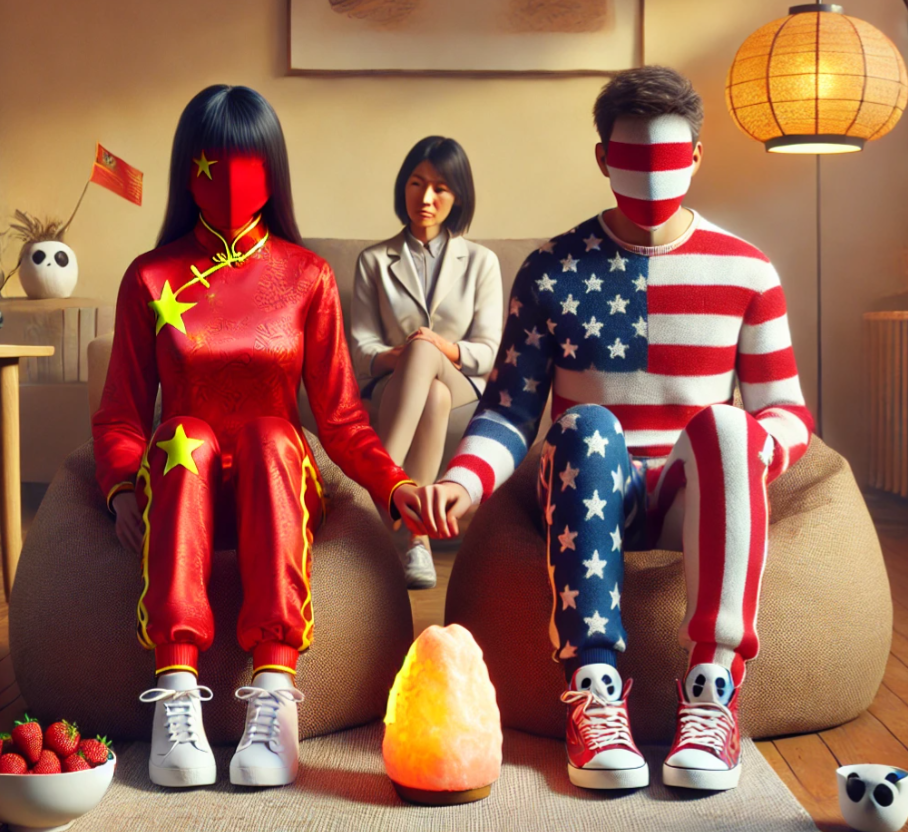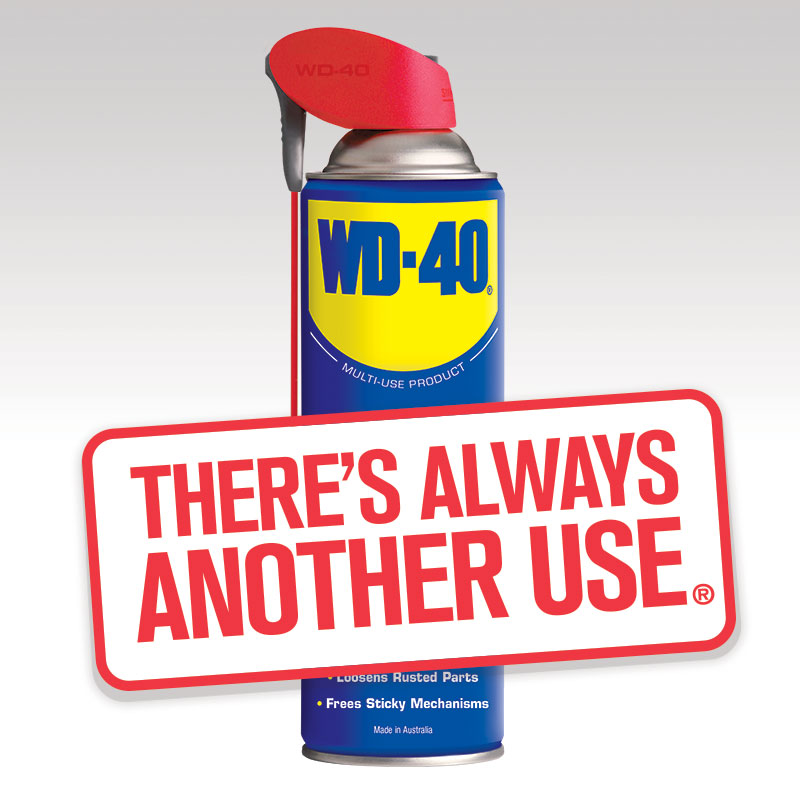Geneva, Switzerland—In a historic and profoundly awkward attempt to repair their increasingly strained relationship, China and the United States attended a joint MDMA-assisted therapy session this week, facilitated by renowned therapist Dr. Harmony Lusk. The session, held in a neutral Swiss conference room turned pop-up “healing space,” marked the first time the two global superpowers sat down to process their feelings while rolling hard on pharmaceutical-grade ecstasy.
“We’ve been through a lot together,” Dr. Lusk began, dimming the lights and setting an ambiance with whale sounds and a Himalayan salt lamp. “But it’s clear you’ve been stuck in a toxic pattern. Today, we’re here to find connection and empathy—and maybe some peace for the kids.”
Sitting on opposite beanbags, China and the US avoided eye contact, arms crossed, until the first wave of MDMA hit. “Oh wow,” the US said suddenly, stroking the shag carpet beneath them. “This texture… it’s like freedom, but softer, you know?”
China let out a deep, unexpected sigh. “I’ve been carrying so much tension in my neck,” they admitted. “It’s exhausting being so misunderstood. Like, you don’t even get what it’s like to manage over a billion people.”
The breakthrough moment came about 45 minutes into the session when the US, clutching a glitter-covered stress ball, blurted, “I always feel like you’re trying to undermine me. Like, why do you keep making TikTok better than anything I could come up with? It’s like, I don’t know who I am anymore.”
“Wow,” China said, eyes wide as the MDMA pushed their sense of empathy into overdrive. “That’s, like, so vulnerable of you. I didn’t realize… I guess I’ve been projecting my insecurity about semiconductor technology onto you.”
Dr. Lusk nodded approvingly, passing a bowl of strawberries and urging them to focus on the positive. “You have so much history together,” she said. “Remember when you bonded over cheap labor and skyrocketing consumerism? That was real.”
Their tone softened, and soon the two were reminiscing. “You were so fun back in the ’80s,” the US said, giggling. “I’d buy your stuff, you’d buy my movies. We had a good thing going.”
“I miss that too,” China replied, biting into a strawberry and staring deeply into the US’s aviator sunglasses. “And remember when we tag-teamed on climate change negotiations? That was kind of hot.”
But not all revelations were easy to stomach. At one point, China began crying into a giant plush panda. “You’re always so aggressive,” they said through sobs. “It’s like, why do you have so many military bases near my house? Do you think I don’t notice?”
The US, now lying on their back and staring at the ceiling, responded with equal emotion. “It’s because I’m scared!” they shouted, clutching a lava lamp to their chest. “I keep trying to act strong, but I’m just… scared of not being on top anymore. There, I said it!”
The session took a lighter turn when Dr. Lusk guided them through an exercise in affirmations. “US, tell China something you appreciate about them.”
The US paused, chewing on a Twizzler thoughtfully. “Okay,” they said finally. “China, I appreciate how hardworking you are. Like, you never stop. Even when it’s, uh… maybe too much?”
China smiled, leaning forward. “And US, I appreciate how… unique you are. No one can deny that you’re the loudest person in any room. It’s almost endearing.”
By the end of the session, the two were sprawled out on the beanbags, holding hands and discussing plans to collaborate on a global K-pop festival. “We’ve been so selfish,” the US said, tears streaming down their face. “We need to do better for the kids. For the EU. For South Korea. Even Russia, though they’re kind of a brat right now.”
“Totally,” China agreed. “We’ve been focusing on competition when we could be focusing on connection. You’re not just my trade partner—you’re my trade soul mate.”
Dr. Lusk declared the session a success, though she cautioned that breakthroughs often require follow-up. “MDMA can open the door,” she said, handing each superpower a vial of essential oils and a journal. “But it’s up to you to walk through it.”
As they left the therapy room arm-in-arm, the US turned to China. “I think we can make this work,” they said. “Unless you screw me over on the next trade agreement.”
“Let’s not ruin the vibe,” China replied, slipping the US a friendship bracelet that read, Made in China.


